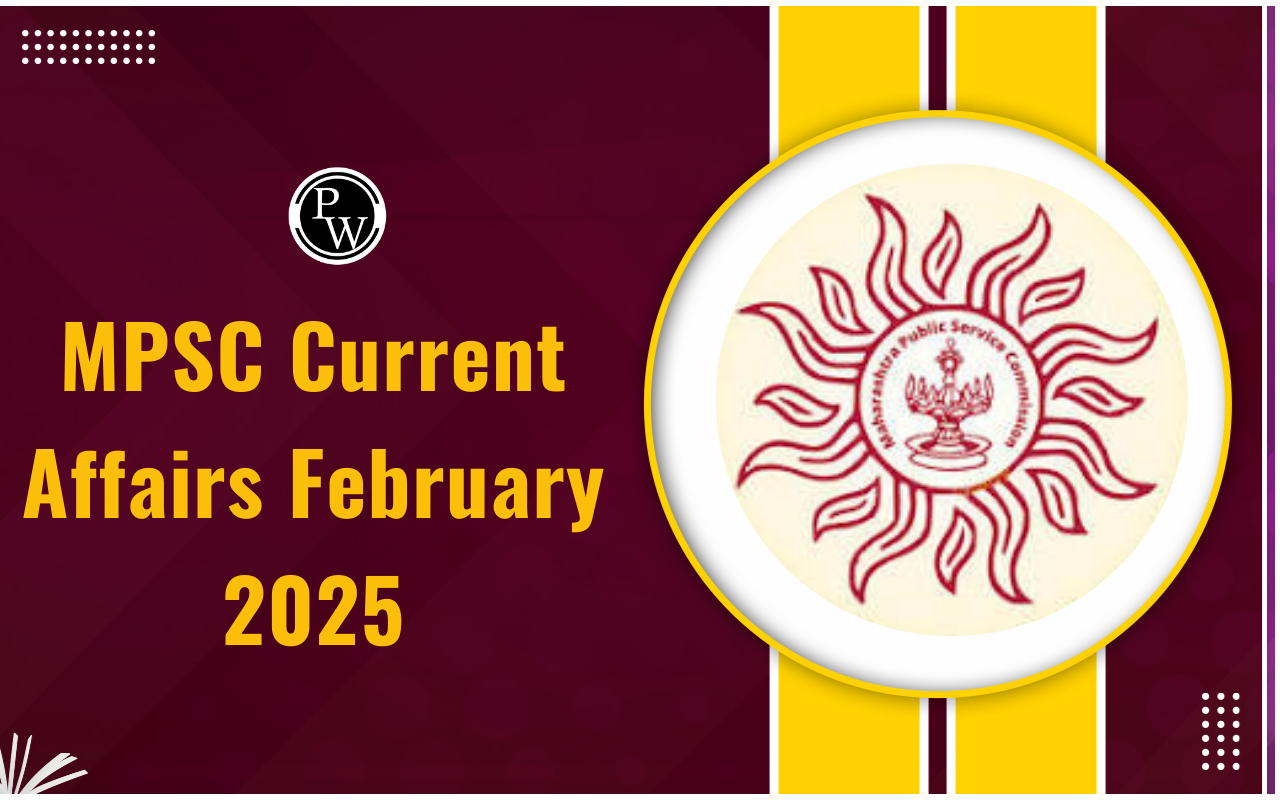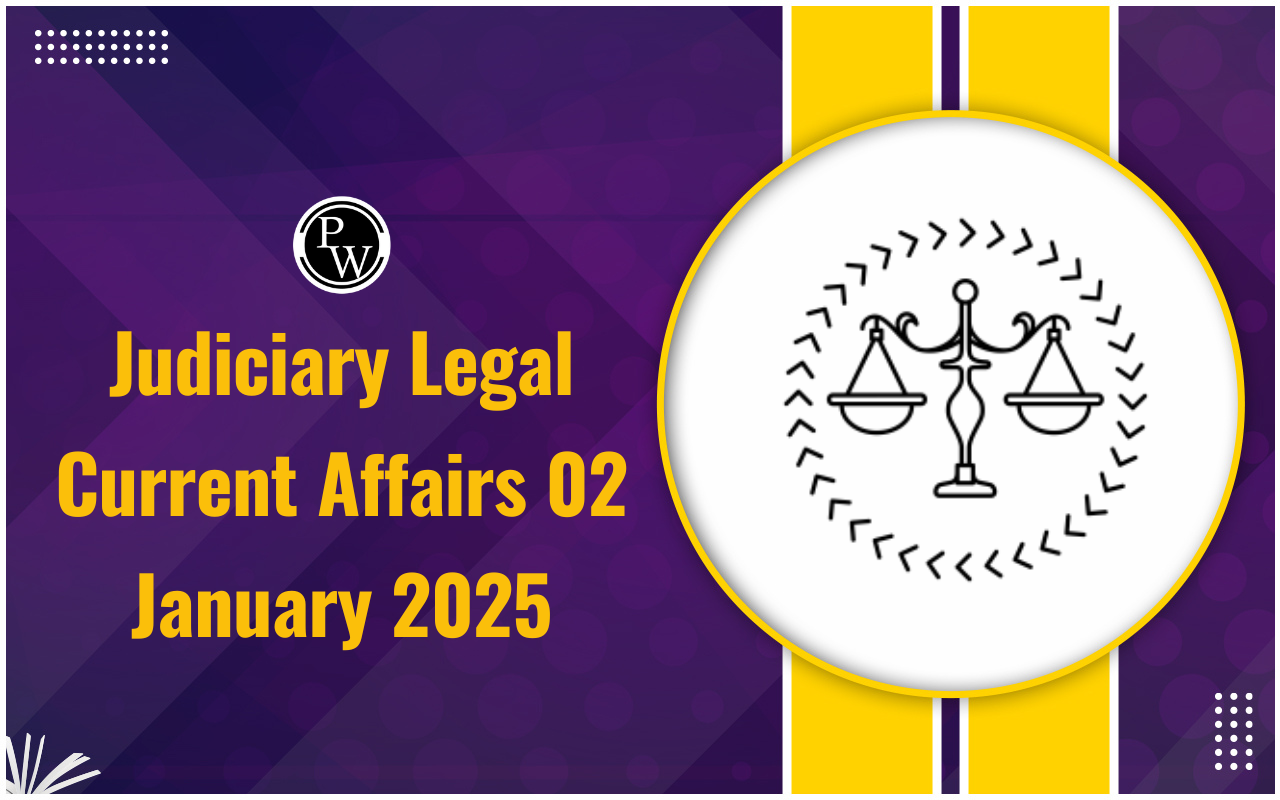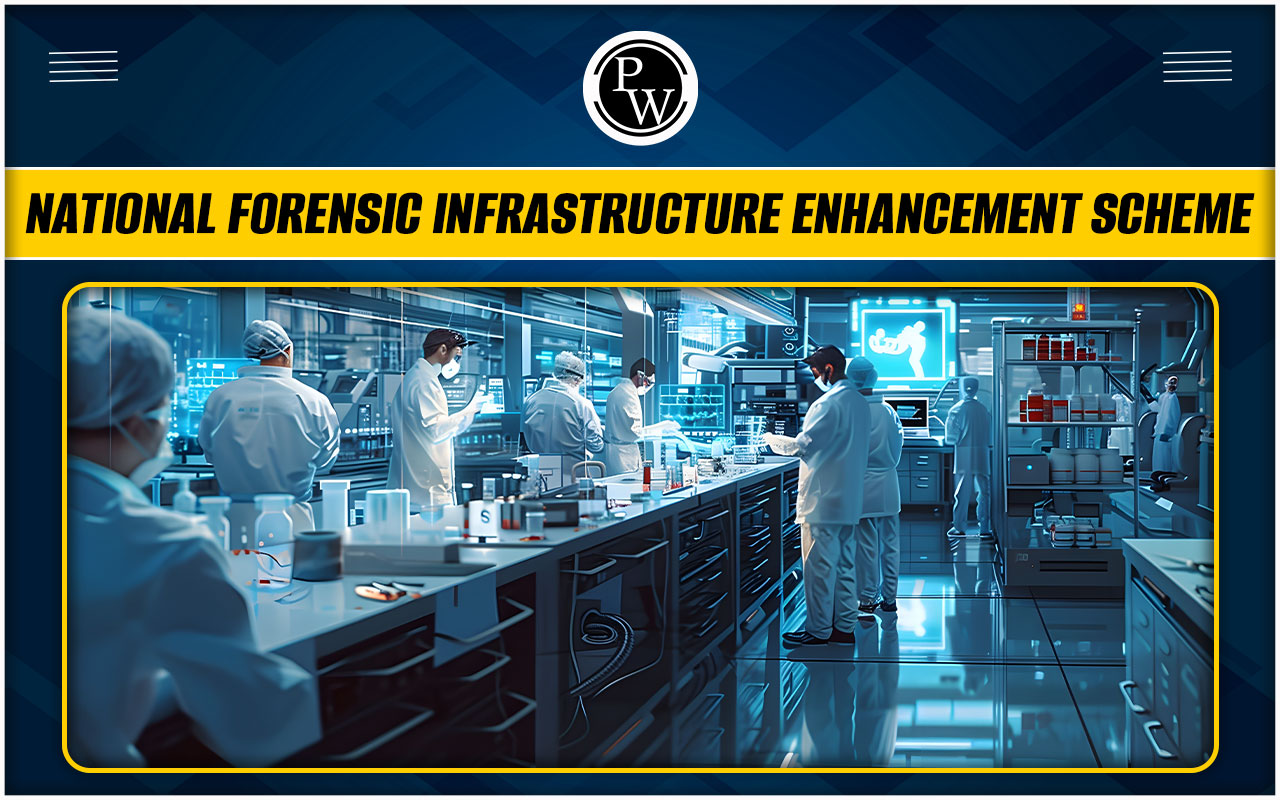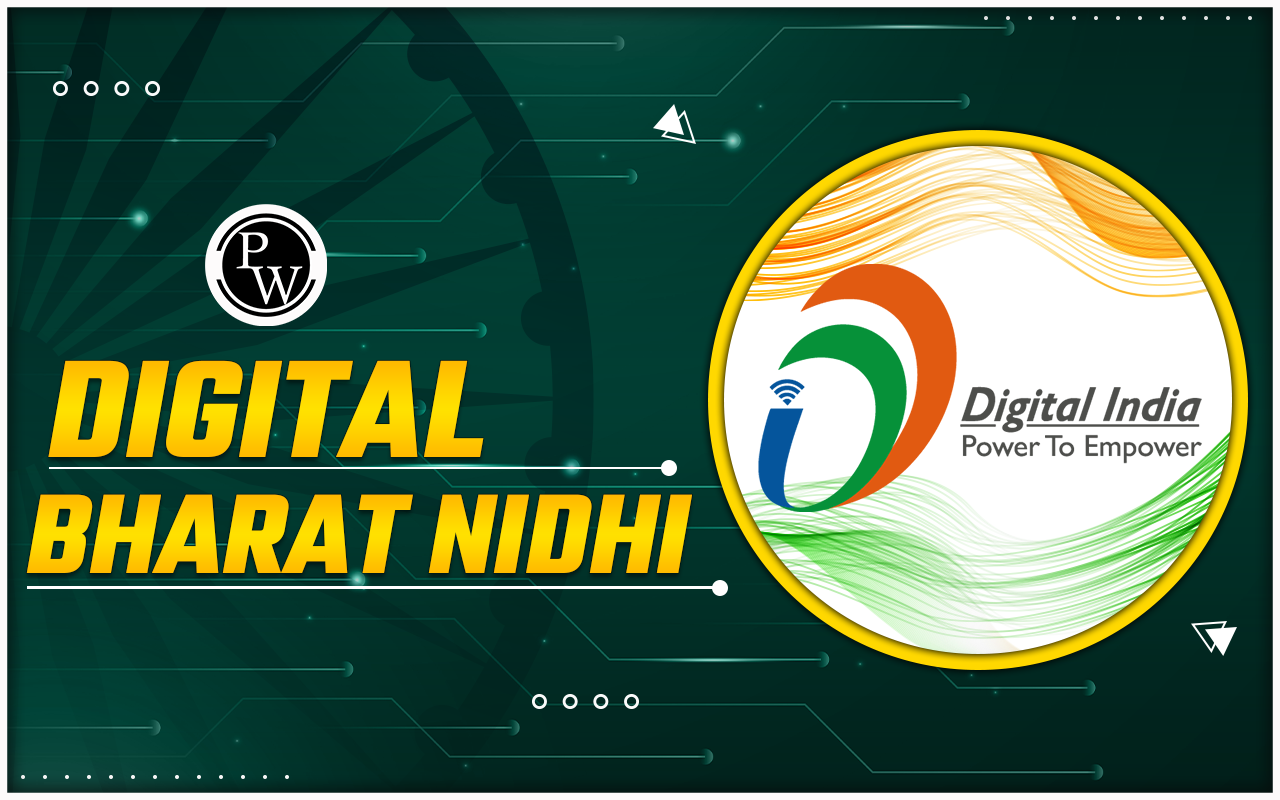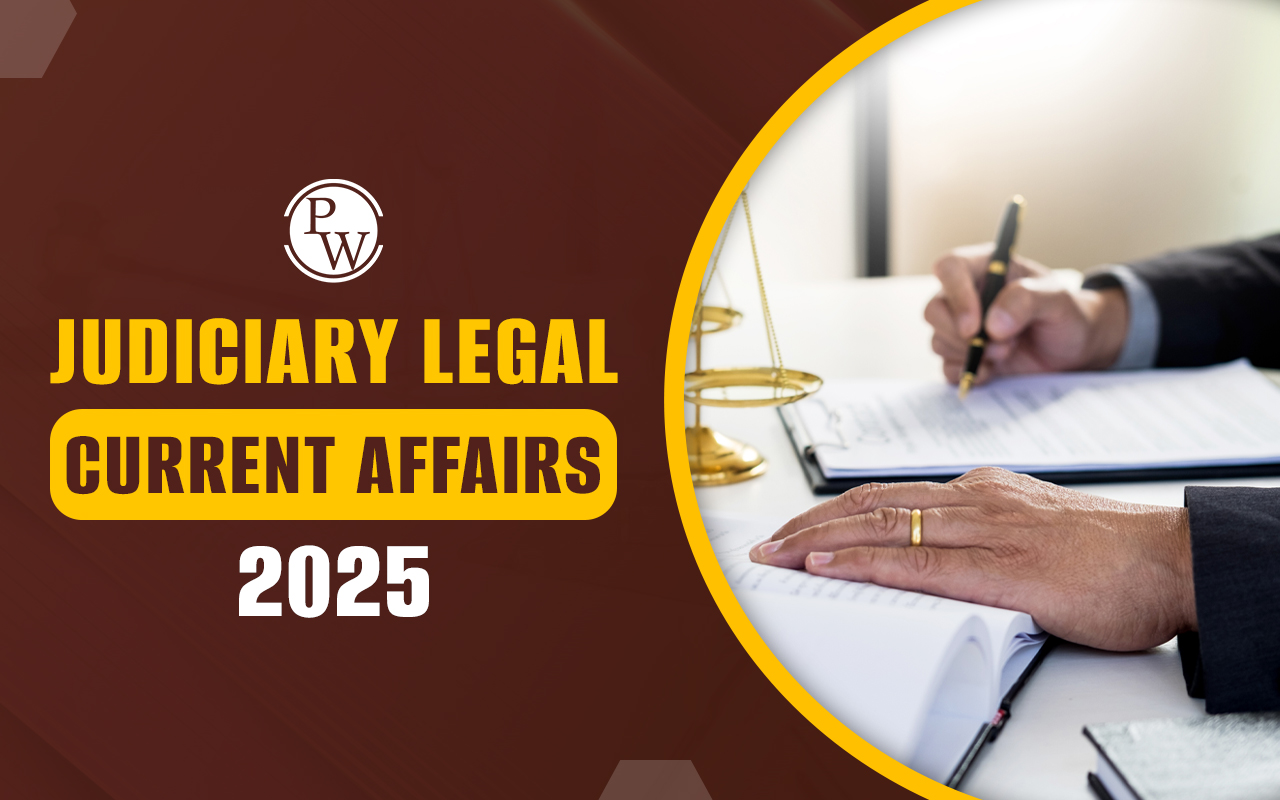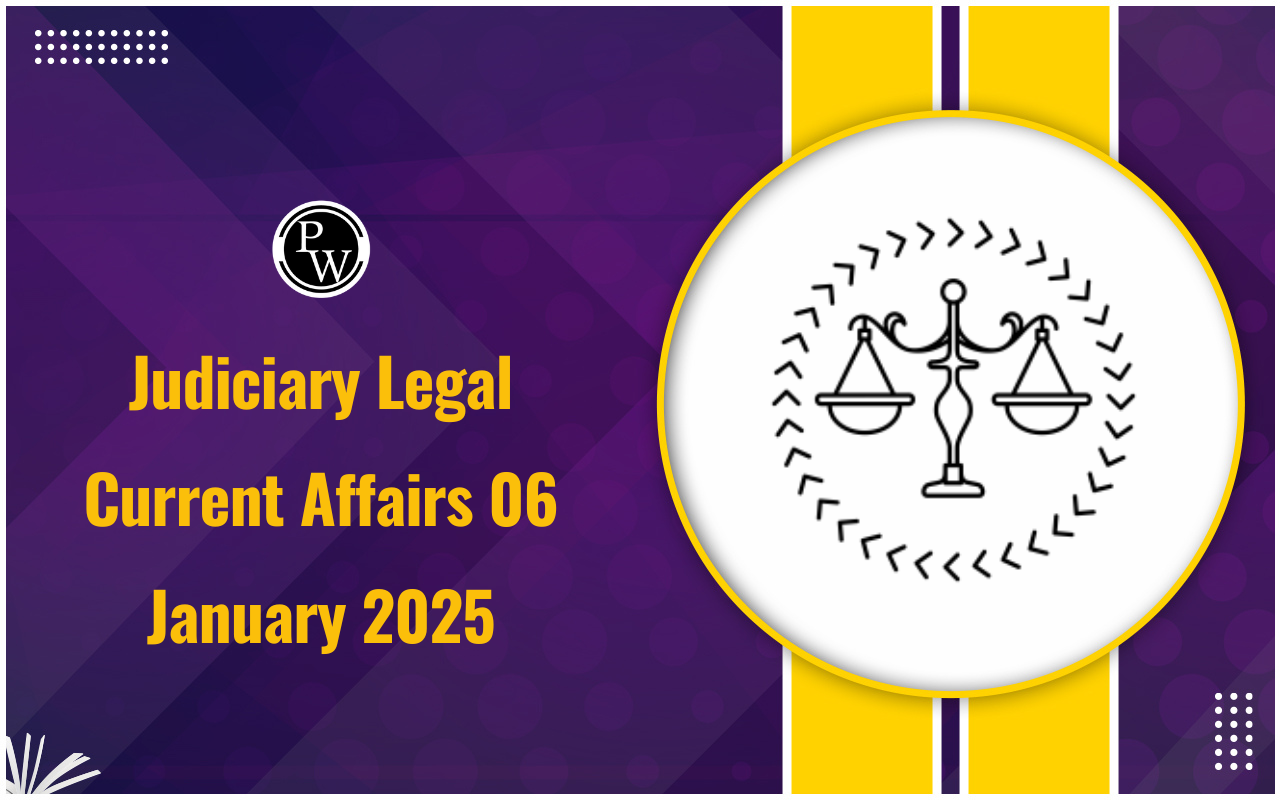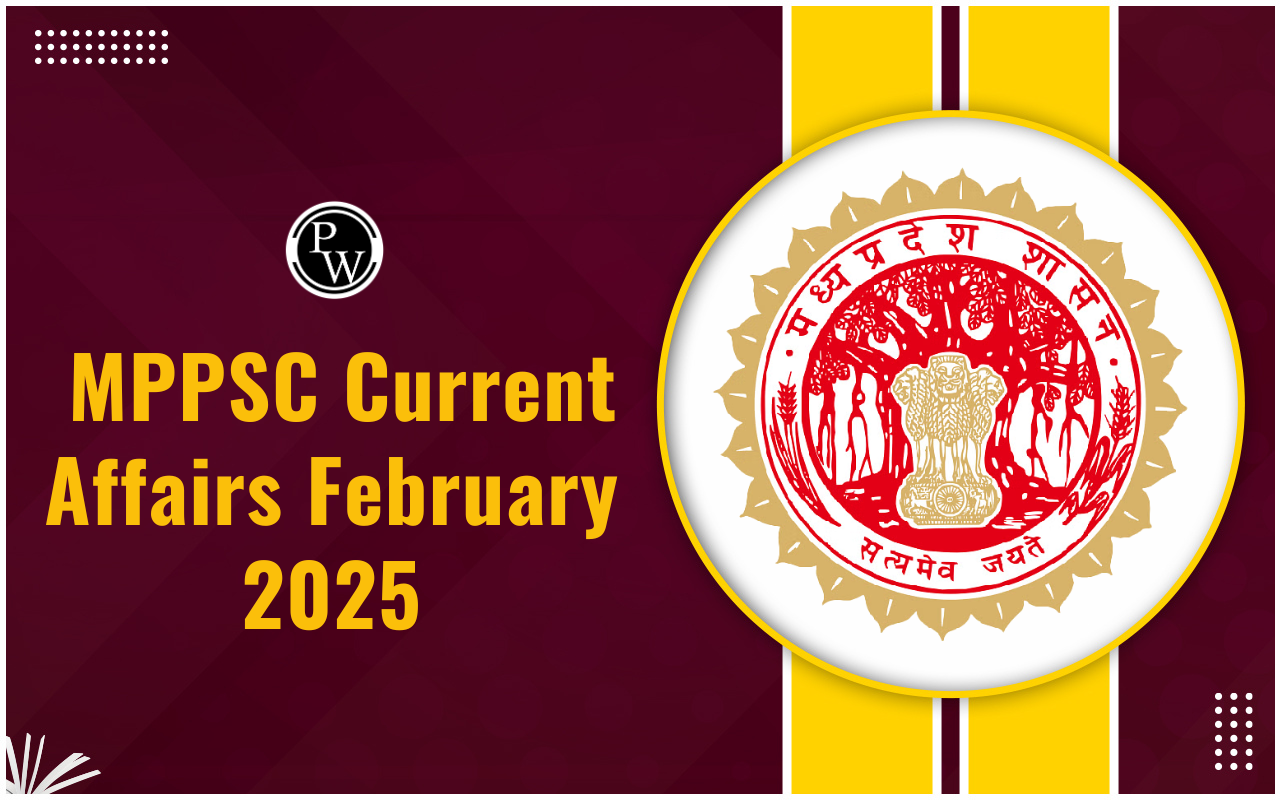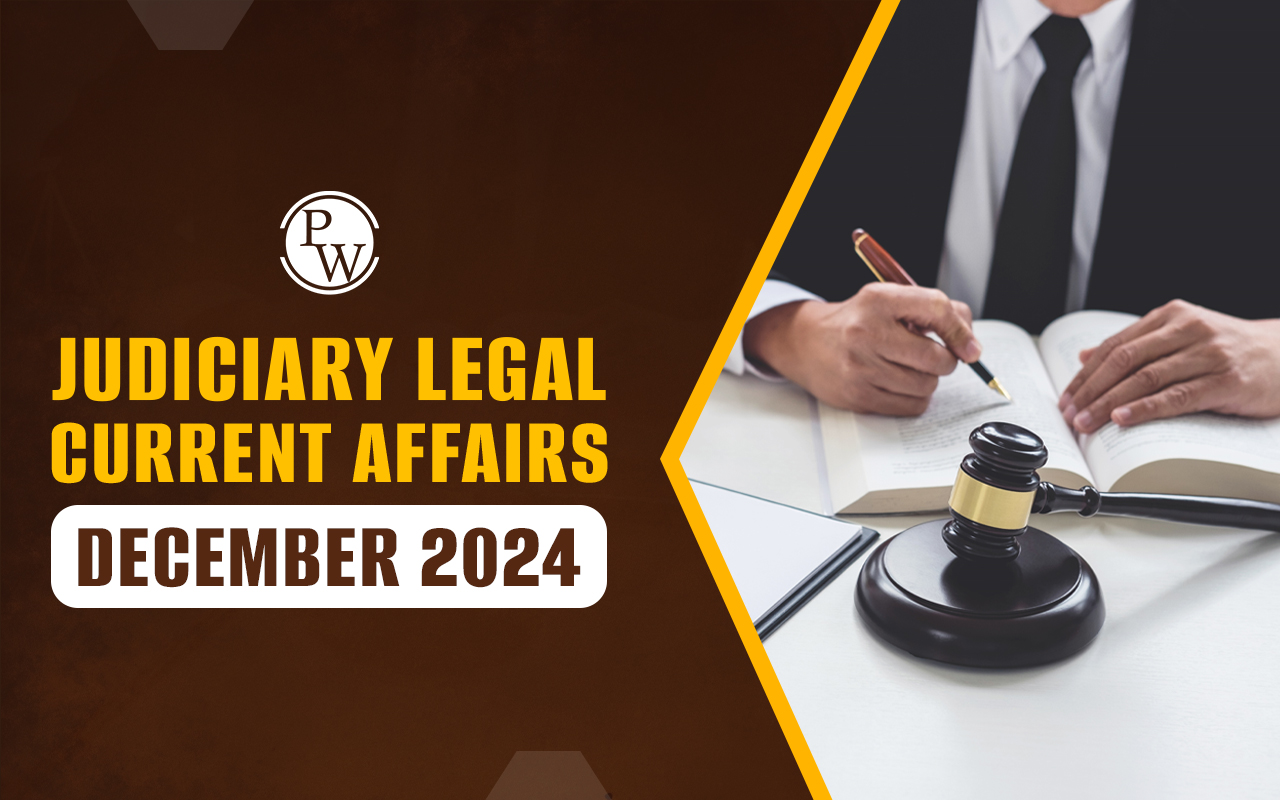
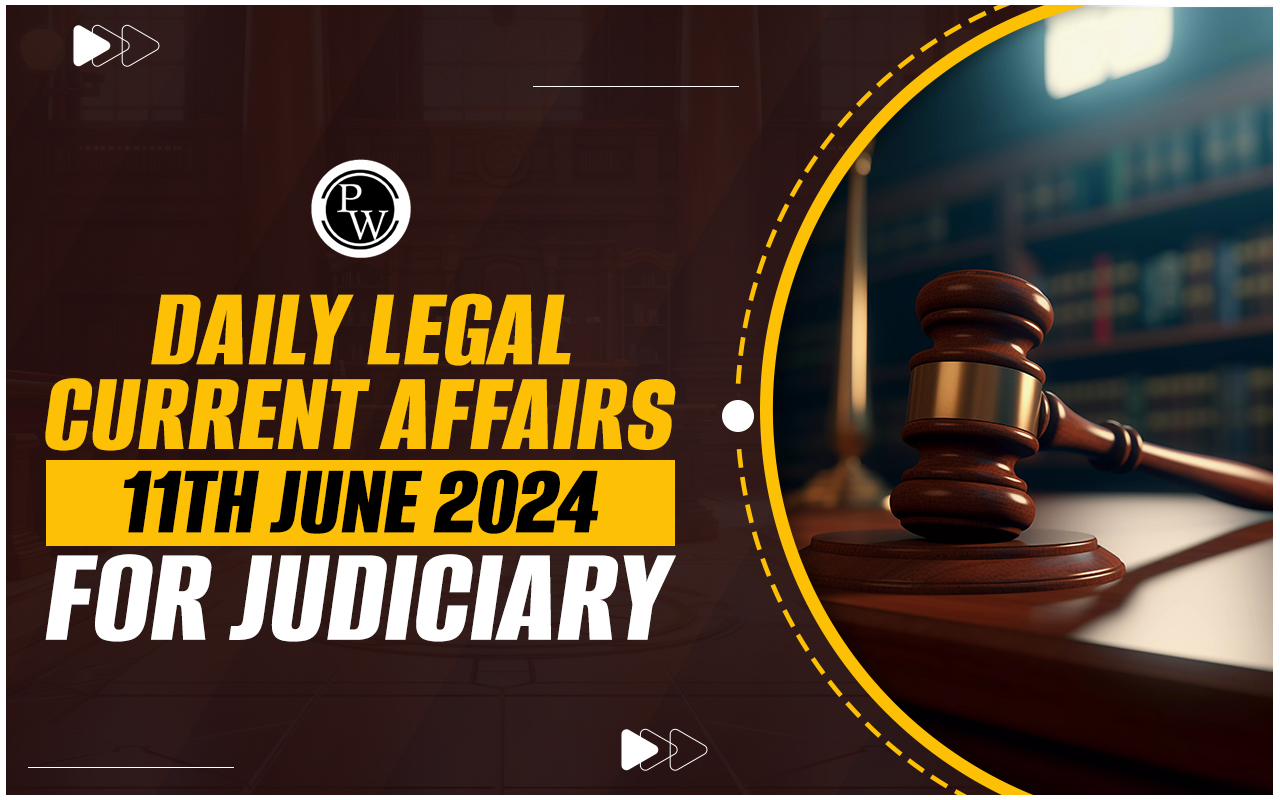
Malik Mazhar Sultan v. UP Public Service Commission Civil Appeal
- FORUM: Supreme Court of India
- BENCH: Justices Vikram Nath and Sandeep Mehta
- FACTS OF THE CASE
-
-
- The issue of Aam Aadmi Party's occupation of the plot meant for the judiciary was first brought to the attention of the Supreme Court in February, 2024 when the Supreme Court was dealing with a matter regarding judicial infrastructure.
- Aam Aadmi Party filed an affidavit stating that the said plot had been allotted to it in 2015 and it was earmarked for the judiciary only subsequently in 2020.
- Aam Aadmi Party also contended that since it was having a national party status now, it was entitled to a plot in central Delhi at par with other national parties.
- On March 4, 2024 the Court observed that the Aam Aadmi Party had no legal right to be in occupation of the land after 2017 when it was informed by the Public Works Department of the Delhi Government that the allocation of the land to it had been revoked by the Lieutenant Governor.
- On March 4, 2024 the Court had given a deadline of June 15, 2024 to the Aam Aadmi Party to vacate the premises at Rouse Avenue in New Delhi.
-
- OBSERVATION
-
-
- The Supreme Court on June 10, 2024 extended the time for the Aam Aadmi Party till August 10, 2024, to shift its national head office from the premises in Rouse Avenue in New Delhi, which has been earmarked for the expansion of Delhi Judiciary.
-
- The extension has been given as the last opportunity subject to the party giving an undertaking to the Supreme Court's Registry that they will hand over vacant and peaceful possession of the property(plot no.306, Rouse Avenue, Delhi) on or before August 10, 2024.
-
- The bench observed that the premises in question is already allotted to the Delhi High Court in the year 2020 and because of the continuance of the applicant's possession, the expansion of the Delhi High Court is not only stultified but also the cost estimation is rising every year.
Government of Nct of Delhi v. State of Haryana And Ors.
- FORUM: Supreme Court of India
- BENCH: Justices Prashant Kumar Mishra and Prasanna B Varale
- FACTS OF THE CASE
-
-
- The Delhi government has approached the Supreme Court seeking directions to the State of Haryana for immediate release of water to the crisis-hit national capital.
- Referring to the severe heatwave conditions prevailing in north India, particularly Delhi, the plea states that there is an extraordinary and excessive surge of water demand in the capital.
- Delhi is facing acute shortage, despite the government taking all possible administrative measures to ensure optimization, rationing and targeted supply. As such, there is a need for additional water supply.
- Delhi, a lower riparian Union Territory, is seeking additional water supply through the instant plea only in view of the emergent situation created by the dry, arid summer this year.
- The same is without prejudice to any inter-state water dispute and/or the capital's claim over shared water resources, as well as meant as a stop-gap arrangement till either the monsoon season arrives or temperature in the city goes down.
- State of Himachal Pradesh has agreed to share its surplus water with Delhi. But, it does not share a physical boundary with the Union Territory, and thus, the water is required to be routed through existing water channels/river systems in the State of Haryana, to be eventually released to Delhi at the Wazirabad barrage.
- Delhi government has made a request to the State of Haryana, but the latter has not acceded to it yet.
- Directions are sought so that the State of Haryana offers its cooperation and releases water to Delhi, including the additional/surplus water agreed to be released by Himachal Pradesh.
-
- OBSERVATION
-
- The Supreme Court adjourned the hearing of Delhi Government's petition regarding the water crisis after noting that the defects in the petition copy have not been cured.
- On June 6, 2024 the Court directed the Himachal Pradesh Government to transfer 137 cusecs of water to the Hathnikund barrage in Haryana, and asked the Haryana Government to facilitate the transfer of the surplus water received from HP to Delhi through the Wazirabad barrage.
- The Court directed the Upper Yamuna River Board to submit the status report regarding the measure undertaken by it for the onward supply of water released from Himachal Pradesh to Delhi.
Prof. Abdul Gani Bhat v. Gowhar Majid Dalal 4th ADJ Srinagar
- FORUM: Jammu and Kashmir and Ladakh High Court
- BENCH: Justice Sanjeev Kumar
- FACTS OF THE CASE
-
-
- Prof. Abdul Gani Bhat, filed a petition challenging the maintenance proceedings initiated by his daughter-in-law, Ms. X.
- Bhat claimed to be acting on behalf of his son, Dr. Mohammad Himayun.
-
- OBSERVATION
-
- The court order quoted a particularly egregious paragraph where Bhat made a series of derogatory and demonstrably false accusations about his daughter-in-law.
- The Court held that, “There are so many other allegations in the petition which are utterly obnoxious and made in extremely bad taste. The petitioner has no sense of decency and is not aware as to how the pleadings in the Court are required to be filed”.
- The Court dismissed the petition with an exemplary cost of ₹1 Lakh to be deposited in the Litigants' Welfare Fund, calling the language used in the petition "demeaning of a woman and totally unacceptable in any civilized society."
Smt. Deepa Tomar v. Ajay@ Leeladhar Singh Tomar
- FORUM: Madhya Pradesh High Court
- BENCH: Justice Vivek Rusia and Justice Rajendra Kumar Vani
- FACTS OF THE CASE
-
-
- The marriage of the appellant wife and the respondent-husband was solemnised in November 2011 as per the Hindu Customs. They have a daughter aged 12 years, born out of the said wedlock.
- According to the wife, the husband had tormented her in the initial years of their marriage for not paying enough dowry.
- He continued his aggressive and cruel behaviour towards his own wife as well as others, which made the wife depressed.
- Several criminal cases were registered against him. He was convicted for the offences under Sections 302, 307 and 323 of IPC and Sections 25 and 27 of the Arms Act in the murder case of his own father in 2019.
- The respondent husband murdered his own father using firearms in relation to a civil dispute.
- The respondent husband is facing trial under Section 307 of IPC and has been convicted under Section 302 of IPC for committing murder of his father.
- The appellant wife filed the case for divorce on the ground of cruelty.
- The parties have not been living as husband and wife for over 6 years.
- The respondent-husband, before the Family Court, took the stance that he has never committed any mental cruelty towards his wife, and they were living together in harmony till 2017.
-
- OBSERVATION
-
- The factum of a husband sentenced to life imprisonment in a murder case can be grounds for divorce on account of 'mental cruelty' to the wife.
- Divorce can be granted in instances where the husband or wife has been convicted and sentenced to life imprisonment, even in the absence of an express provision for the same under the Hindu Marriage Act.
-
Swati v. Arvind Mudgal(2013)
[Delhi High Court]
- The conviction of the husband under Section 302 of IPC and sentence of life imprisonment amounts to mental cruelty towards the wife which entails her getting the divorce from her husband.
- The court laid down in unequivocal terms that no wife can share a marriage with someone who is so 'short -and impulsive turned criminal'.
- The High Court held that conviction in a criminal case under Section 302 of IPC and the sentence to undergo life imprisonment amounts to “mental cruelty”.
- The High Court relied on Savitri Pandey v. Prem Chandra Pandey (2002) case of Supreme Court of India and held that marriage can become dead due to 'contributory acts of omission or commission' by the husband or the wife.
Also Check: Daily Legal Current Affairs 10 June 2024
Althaf J. Muhammed v. The District Police Chief and Others
- FORUM: Kerala High Court
- BENCH: Justice Vijayaraghavan V. and Justice P. M. Manoj
- FACTS OF THE CASE
-
-
- A writ petition of habeas corpus has been filed by the woman's partner who is a Masters Student in Germany.
- The petitioner said that he is in an intimate relationship with a woman working as a Project Engineer.
- According to the petition, the father of the woman is opposed to the relationship as the petitioner is of a different religion and has detained her.
- The woman who is 27 years old told the court that she is kept under illegal detention and she wishes to go with the petitioner.
-
- OBSERVATION
-
- Parental love or concern cannot be allowed to fluster the right of choice of an adult in choosing a man to whom she gets married.
- The Court referred to Shafin Jahan v. Asokan K. M. case of Supreme Court of India and held that the role of the Court is to see that the detenu is produced before it, find about his/her independent choice and see to it that the person is released from illegal restraint.
- The choice of an individual should be conferred with the status that the Constitution guarantees, provided that the said choice does not transgress any valid framework.
Amir Mallick and Anr. v. State of Jharkhand and Anr
- FORUM: Jharkhand High Court
- BENCH: Justice Ananda Sen and Justice Subhash Chand
- FACTS OF THE CASE
-
- The two appellants, both convicted for their alleged involvement in a heinous crime. The first appellant, the deceased's brother-in-law, and the second appellant, her sister-in-law, were sentenced to rigorous imprisonment for life under Section 302/34 IPC.
- According to the deceased's statement, in the morning, she was preparing her children for school while her husband was out for a morning walk. Suddenly, her mother-in-law, brother-in-law, and sister-in-law poured kerosene oil on her and set her on fire, causing burn injuries.
- She described her brother-in-law holding her hands, her mother-in-law sprinkling kerosene oil, and her sister-inlaw lighting the fire. She screamed for help, and eventually, neighbours arrived along with her husband, who then took her to the Hospital. She succumbed to her injuries five days later.
- The deceased's statement was recorded twice: once when the First Information Report (F.I.R.) was filed based on her initial complaint, and the second time under Section 164 of the Cr.P.C. Both statements implicated the appellant-brother-in-law, but the appellant-sister-in-law's name was not mentioned in the statement recorded under Section 164 of the Cr.P.C.
- An appeal was filed challenging a verdict of guilt and sentencing by the Additional Sessions Judge-II, Jamshedpur, in a Session Trial.
-
OBSERVATION
- The Jharkhand High Court has reiterated the importance of dying declarations in criminal cases.
- The Court emphasized that if there are inconsistencies between multiple dying declarations, the statement recorded before a Magistrate or higher official holds weightage.
- In case of multiple dying declarations, the Court has to be very cautious and see whether the same is voluntary and reliable and whether there is inconsistency or not.
- Each dying declaration should be scrutinised on its own merit. Further, as per the judgment of Hon'ble Supreme Court in the case of Abhishek Sharma (Supra) , if at all there are discrepancies, the statement recorded by the Magistrate or higher official can be relied on, subject to the indispensable qualities of truthfulness and being free of suspicion.
- The Court relied on the dying declaration recorded by the judicial magistrate under Section 164 of Cr.P.C. , upheld the conviction of Appellant-brother-in-law, and acquitted Appellant-Sister-in-law.
Daily Legal Current Affairs Practice Questions 11 June 2024 For Judiciary
Q1) Inter-State water disputes can be resolved by which one of the following? (a) Supreme Court only (b) Union Government only (c) Tribunals established by the Parliament by law (d) Special Court established by the President of India Ans. (c)Q2) Which Provision of the Indian Evidence Act deals with dying declaration?
(a) Section 32(4) (b) Section 32(1) (c) Section 125 (d) Section 131 Ans. (b)Q3) Maintenance under Section 125 of the Code of Criminal Procedure, 1973 cannot be claimed by
(a) a wife who has obtained divorce from her husband (b) a wife living separately by mutual consent (c) a wife refusing to live with her husband owing to his extremely abusive and violent behaviour (d) an illegitimate minor child Ans. (b)Q4) Which of the following is not a ground of divorce available to the wife under section 13(2) of the Hindu Marriage Act, 1955?
(a) Pre-Act bigamy of the husband (b) Repudiation of marriage (c) Cruelty by the husband (d) Husband is guilty of rape, sodomy and bestiality Ans. (c)Q5) A statement covered under Section 164 of the Code of Criminal Procedure, 1973, can be recorded by
(a) an Executive Magistrate (b) Police Officer (c) a judicial or Metropolitan Magistrate (d) All of the above Ans. (c)Q6) Section 34 of the Indian Penal Code deals with
(a) Common intention (b) Common object (c) Common knowledge (d) Criminal intention Ans. (a)Judiciary Exam Current Affairs FAQs
How many months of current affairs is required for a Judiciary Exam?
The candidates are recommended to prepare for at least a year before appearing in the Judiciary examination.
Where can I study current affairs for the Judiciary?
The candidates can study and get the daily current affairs for Judiciary from the official page of Physic Wallah.
How can I prepare for Judiciary current affairs?
The candidates can prepare for the Judiciary current affairs by reading newspapers daily and exploring the online material available.
🔥 Trending Blogs
Talk to a counsellorHave doubts? Our support team will be happy to assist you!

Free Learning Resources
PW Books
Notes (Class 10-12)
PW Study Materials
Notes (Class 6-9)
Ncert Solutions
Govt Exams
Class 6th to 12th Online Courses
Govt Job Exams Courses
UPSC Coaching
Defence Exam Coaching
Gate Exam Coaching
Other Exams
Know about Physics Wallah
Physics Wallah is an Indian edtech platform that provides accessible & comprehensive learning experiences to students from Class 6th to postgraduate level. We also provide extensive NCERT solutions, sample paper, NEET, JEE Mains, BITSAT previous year papers & more such resources to students. Physics Wallah also caters to over 3.5 million registered students and over 78 lakh+ Youtube subscribers with 4.8 rating on its app.
We Stand Out because
We provide students with intensive courses with India’s qualified & experienced faculties & mentors. PW strives to make the learning experience comprehensive and accessible for students of all sections of society. We believe in empowering every single student who couldn't dream of a good career in engineering and medical field earlier.
Our Key Focus Areas
Physics Wallah's main focus is to make the learning experience as economical as possible for all students. With our affordable courses like Lakshya, Udaan and Arjuna and many others, we have been able to provide a platform for lakhs of aspirants. From providing Chemistry, Maths, Physics formula to giving e-books of eminent authors like RD Sharma, RS Aggarwal and Lakhmir Singh, PW focuses on every single student's need for preparation.
What Makes Us Different
Physics Wallah strives to develop a comprehensive pedagogical structure for students, where they get a state-of-the-art learning experience with study material and resources. Apart from catering students preparing for JEE Mains and NEET, PW also provides study material for each state board like Uttar Pradesh, Bihar, and others
Copyright © 2025 Physicswallah Limited All rights reserved.



